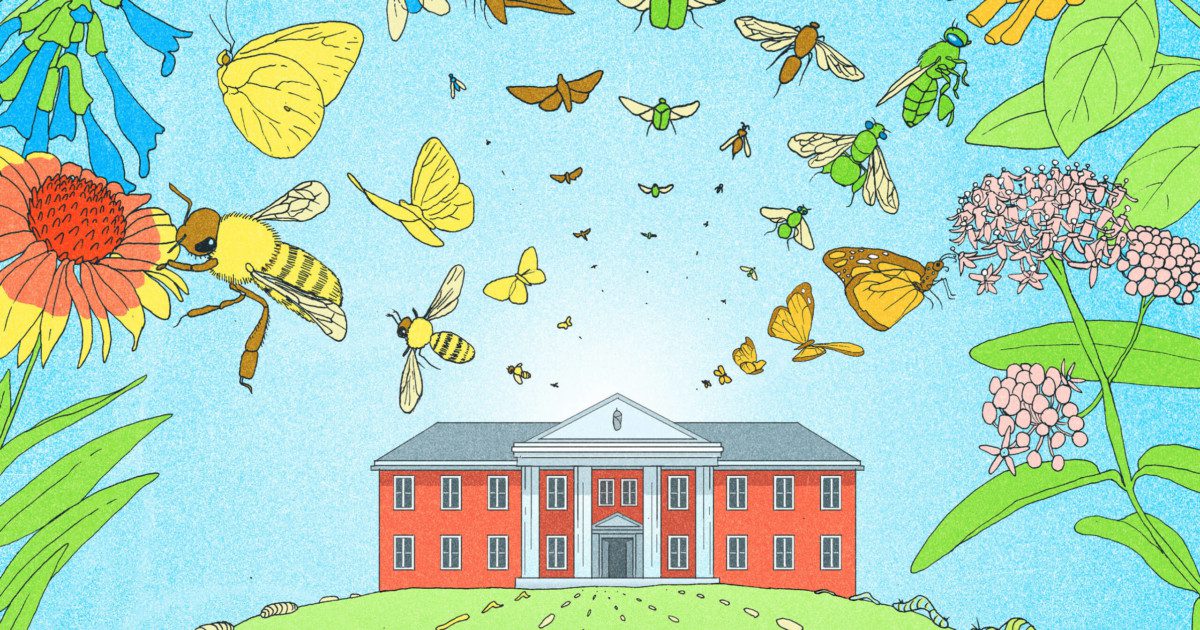Educators and policymakers have been talking about providing all students access to college and career pathways for decades. The impact of technical training and two-year and four-year degrees on earnings and generational change is undeniable. Yet, progress has been, at best, slow. In Roxbury, Massachusetts, we are trying something different.
For far too long, the grueling and complex process of applying to college has served as a sorting process, which has left many of Boston’s students out as colleges race to have the lowest acceptance rate possible. As a result, Boston’s incredible higher education institutions have served people from all over the world but too few of the city’s residents. To fix this, we are launching a new partnership focused on opting our students in and making the path to career success more inclusive.
Every 2022 graduate at the Dearborn STEM Academy, an open-enrollment, grade 6-12 Boston Public School, will be accepted to the Benjamin Franklin Cummings Institute of Technology (BFIT). There will be no complicated admissions process to navigate – no deadlines, essays, or letters. BFIT knows what it means to be a Dearborn graduate, and Dearborn knows what it means to be a BFIT student, and we are working together to continue to strengthen that alignment.
This inaugural class of Dearborn Academy STEM scholars is also invited to nominate a family member or close friend over the age of 19 who they believe would benefit from BFIT’s program. Nominees who are interested in BFIT will be automatically accepted. The impact of graduating from one of its two-year associate’s degree or one-year certificate programs is clear. Students’ household incomes on entry average are just about $23,000, and the median first-year salary of graduates is more than $43,000, proving that an affordable, technical education leads to upward economic mobility. In just a few years, we will provide access to career opportunities and economic stability at a generational level.
“Boston’s incredible higher education institutions have served people from all over the world but too few of the city’s residents.”
In a time when the challenge of fostering equity, economic opportunity, and equal access to education can seem too large to tackle, we believe that this simple but important step has the potential to radically change the life trajectory for the Dearborn students and their family members.
The Black Economic Council of Massachusetts (BECMA) is the first partner in supporting this initiative, providing scholarship funds to help support the inaugural class of students. BECMA is committed to closing the racial wealth gap in Massachusetts, most starkly defined in the Federal Reserve Bank of Boston’s 2015 Color of Wealth in Boston report, which reported that the median net worth of Black Bostonians was only $8, compared to $247,500 for white Bostonians. A program that immediately engages two generations in improved economic opportunities is an important step in the right direction.
To help reduce the structural barriers that often limit students from exploring all available means to access and fund higher education, we will help Dearborn graduates complete their FAFSA application to allow for the maximum student assistance available from BFIT and the federal government.
College is hard work, and we recognize that this opportunity will work better for some students than others. But we need to take bold risks to invest in and prepare every single Boston resident for the workforce of the future.
Over the past two years, so many young people have become disengaged by a system that was already not serving everyone well. Students went to work to help earn money for their families, and they cared for sick family members. They lost friends and family, lost enrichment opportunities, and lost time.
We owe our students everything we have to help them catch up.
Aisha Francis is president and CEO of the Benjamin Franklin Cummings Institute of Technology. Darlene Marcano is head of school at the Dearborn STEM Academy. Nicole Obi is president of the Black Economic Council of Massachusetts.




